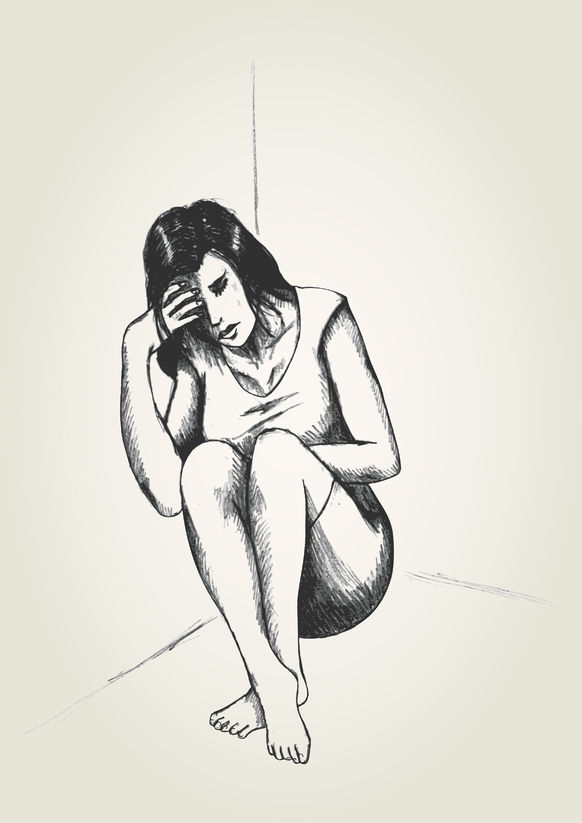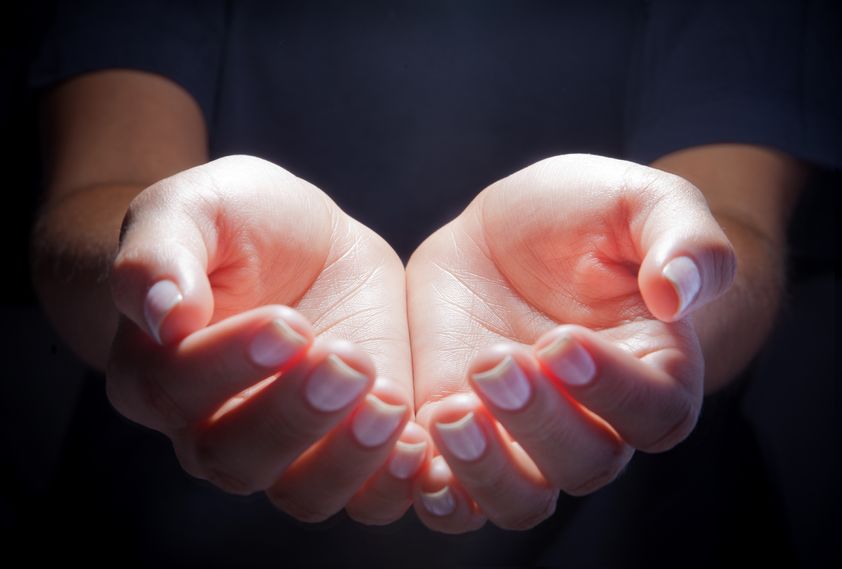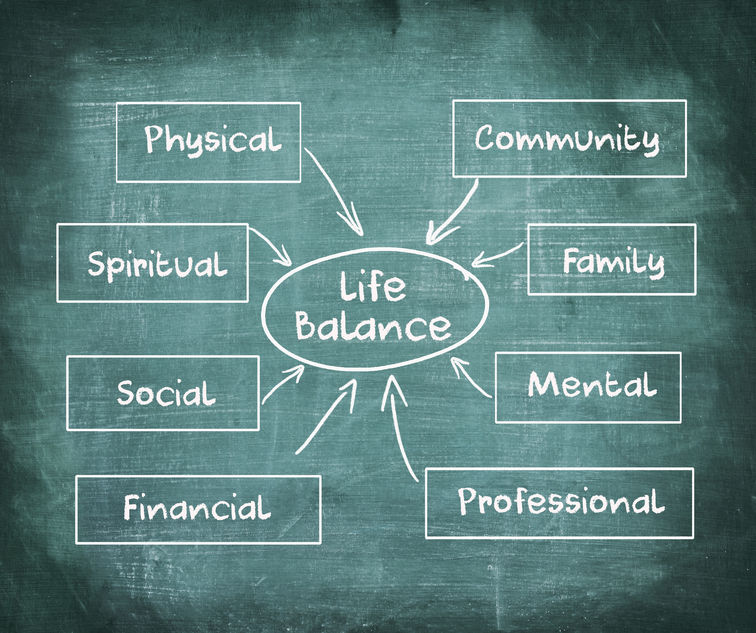In the addiction community RECOVERY is related to our ability to obtain or maintain sobriety from our drug of choice. Today I want to talk about recovery as a human being not just about struggles with substance addiction.
recovery:
1. the regaining of something lost or taken away.
2. return to any former and better state or condition.
Let’s begin by stating that everyone is addicted to something. Whether or not we are aware of it or are willing to admit it, we all have something on which we lean in times of loneliness, stress or crisis.
Socially acceptable addictions: TV, Internet, work, shopping, games…
Not socially acceptable addictions: drugs, alcohol, sex, porn, gambling, food…
No matter which category we fall in we are all seeking a pain killer, something that will take us out of this painful reality in which we live day to day.
When we’re born our spirit comes to this human form where God allows us to learn the lessons that will prepare us for our eternal life with Him. I believe our spirit is on a continual search for that heavenly realm away from this painful earthly life. Because we are in this human form with its physical desires, that so often get us in trouble, when we do find our pleasure centers we often decide to live there.
Looking at the definition for recovery above, I believe when we are seeking various pain relievers, our personal pleasures or “drugs of choice” we are in essence trying to return to our former and better state of life: heaven.
It’s not so much about removing the negative as it is about putting in more of the positive. When we focus on the negative it sometimes draws us there. It’s important that we not focus on pushing out the bad but rather focus on filling in with positive things; keeping the good front and center.
The filling and refilling starts the process of recovery. Notice I said the process of recovery. RECOVERY isn’t a state that we will attain on this earth. It will only come when we are freed of this human form and in the heavenly realm with our Holy Father.
Who will rescue me from this body that is taking me to death? Thanks be to God, who does this through our Lord Jesus Christ! ~ Romans 7:24-25
Image credit: alexmillos / 123RF Stock Photo










